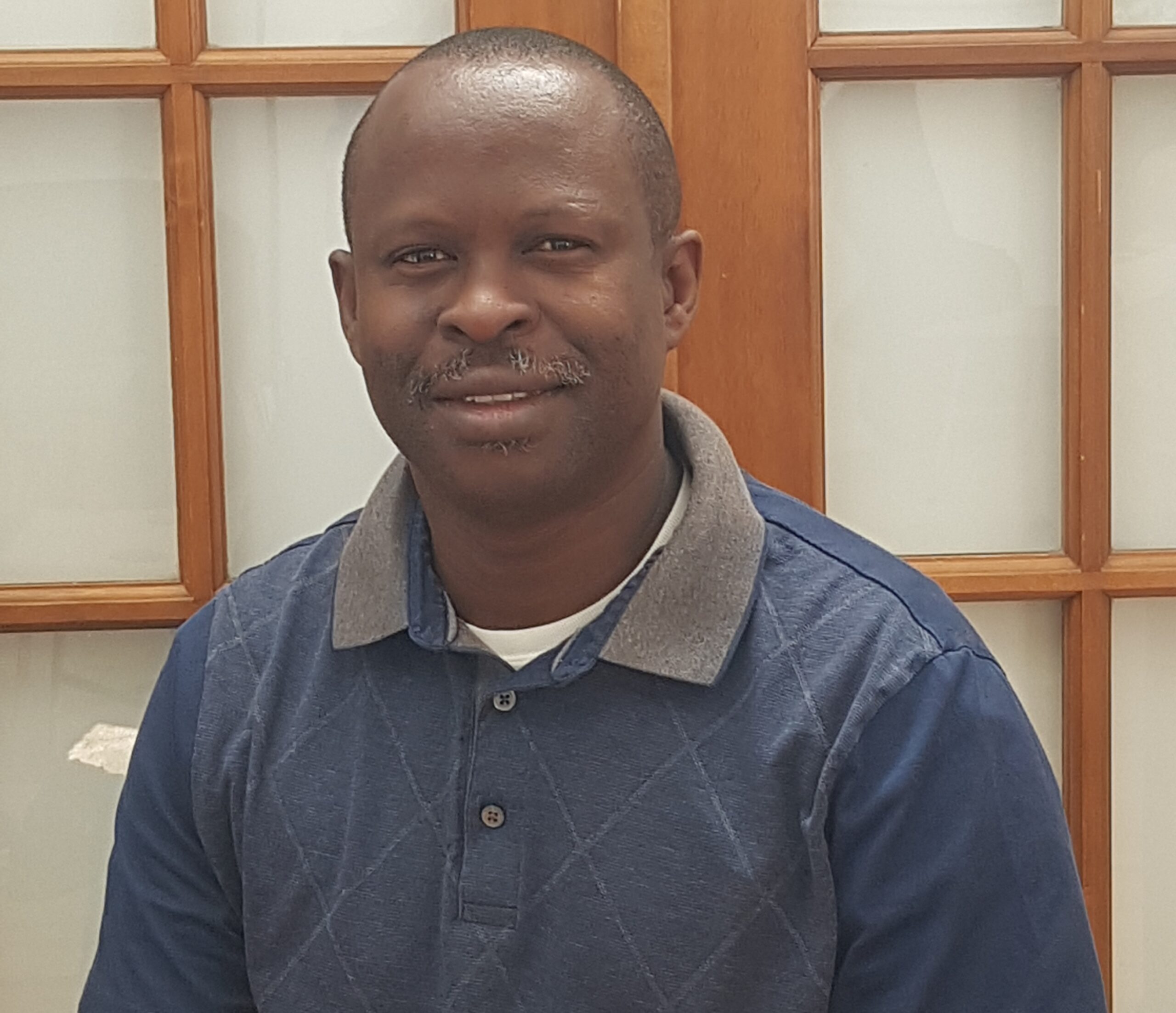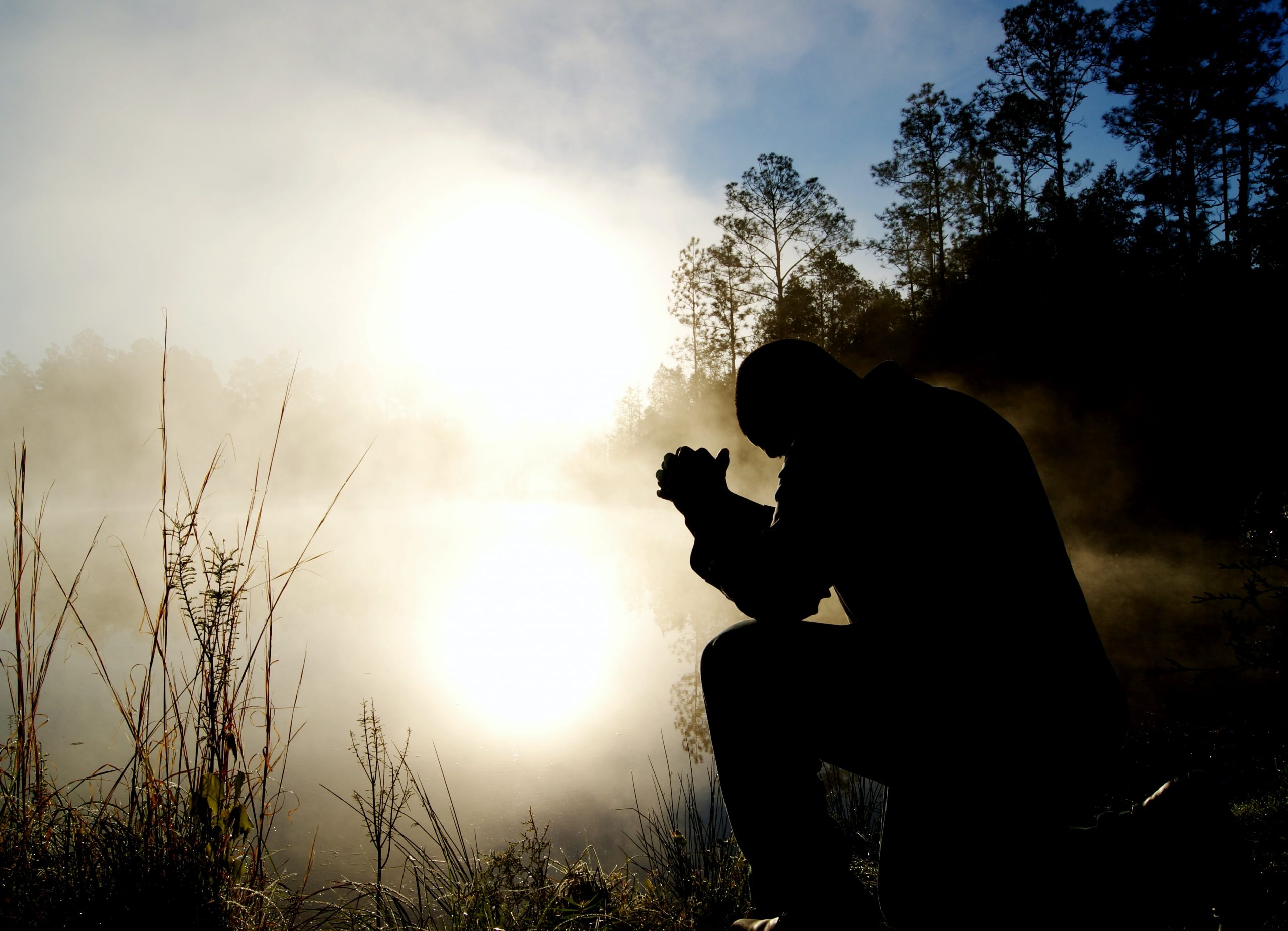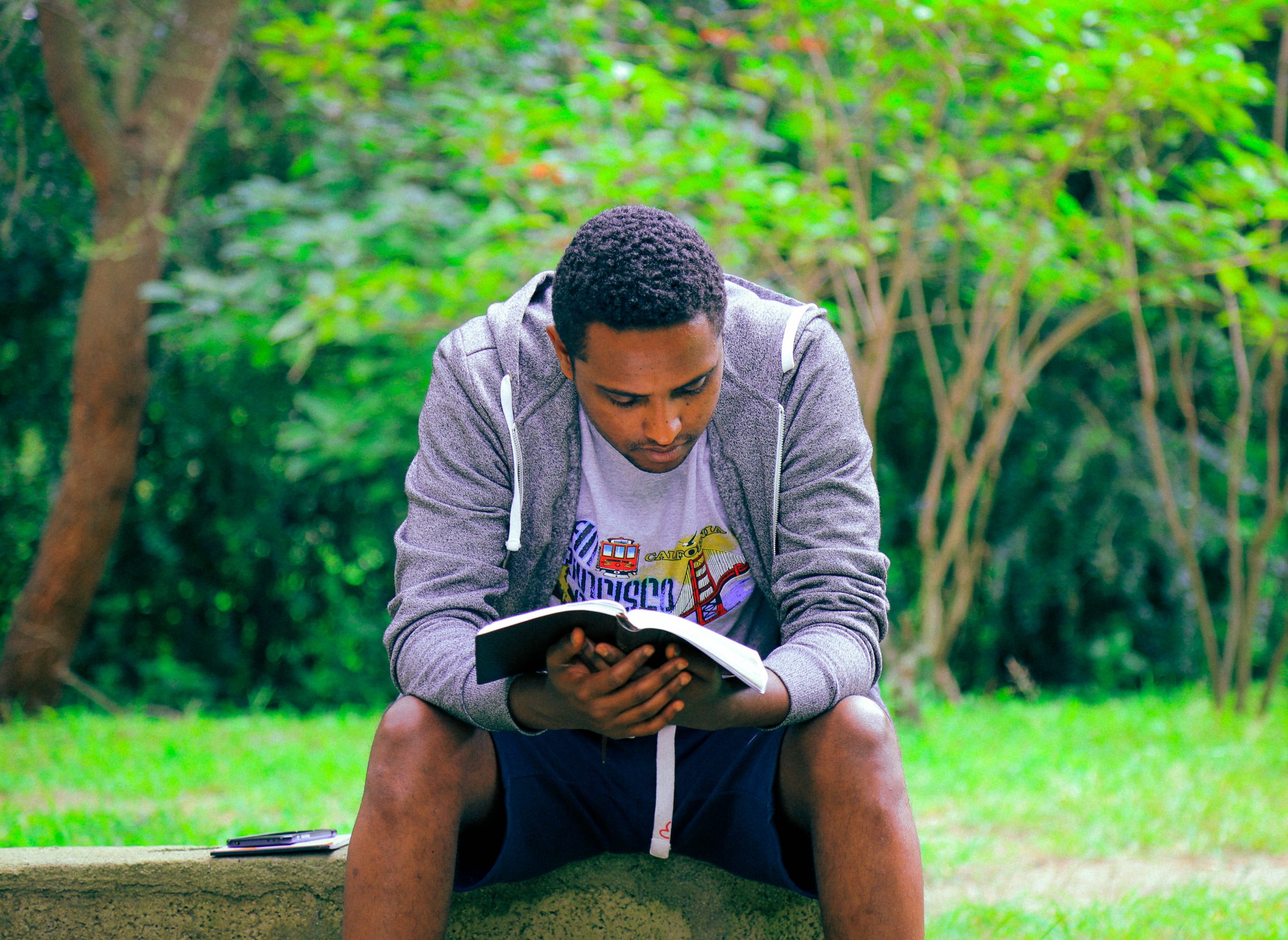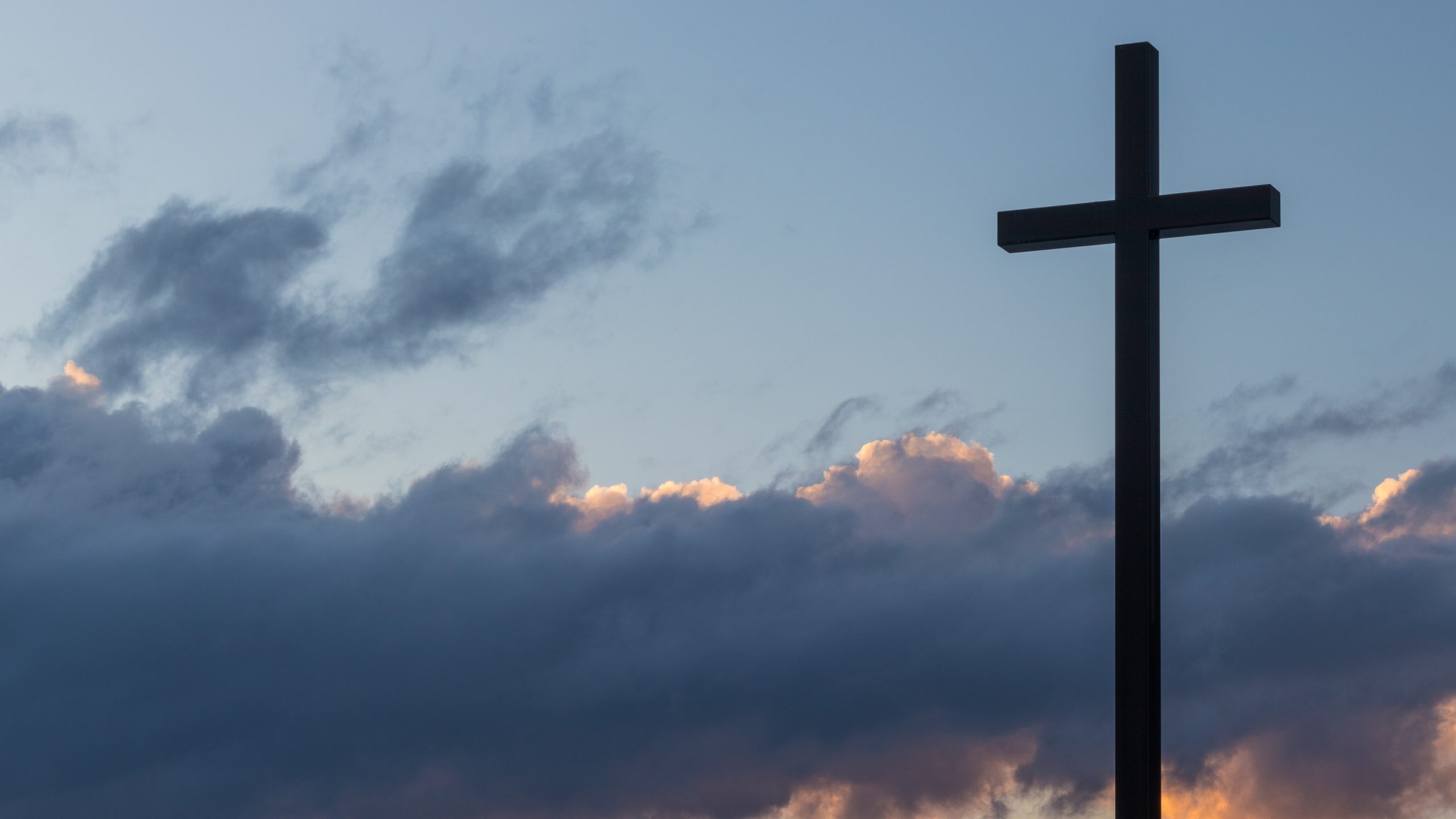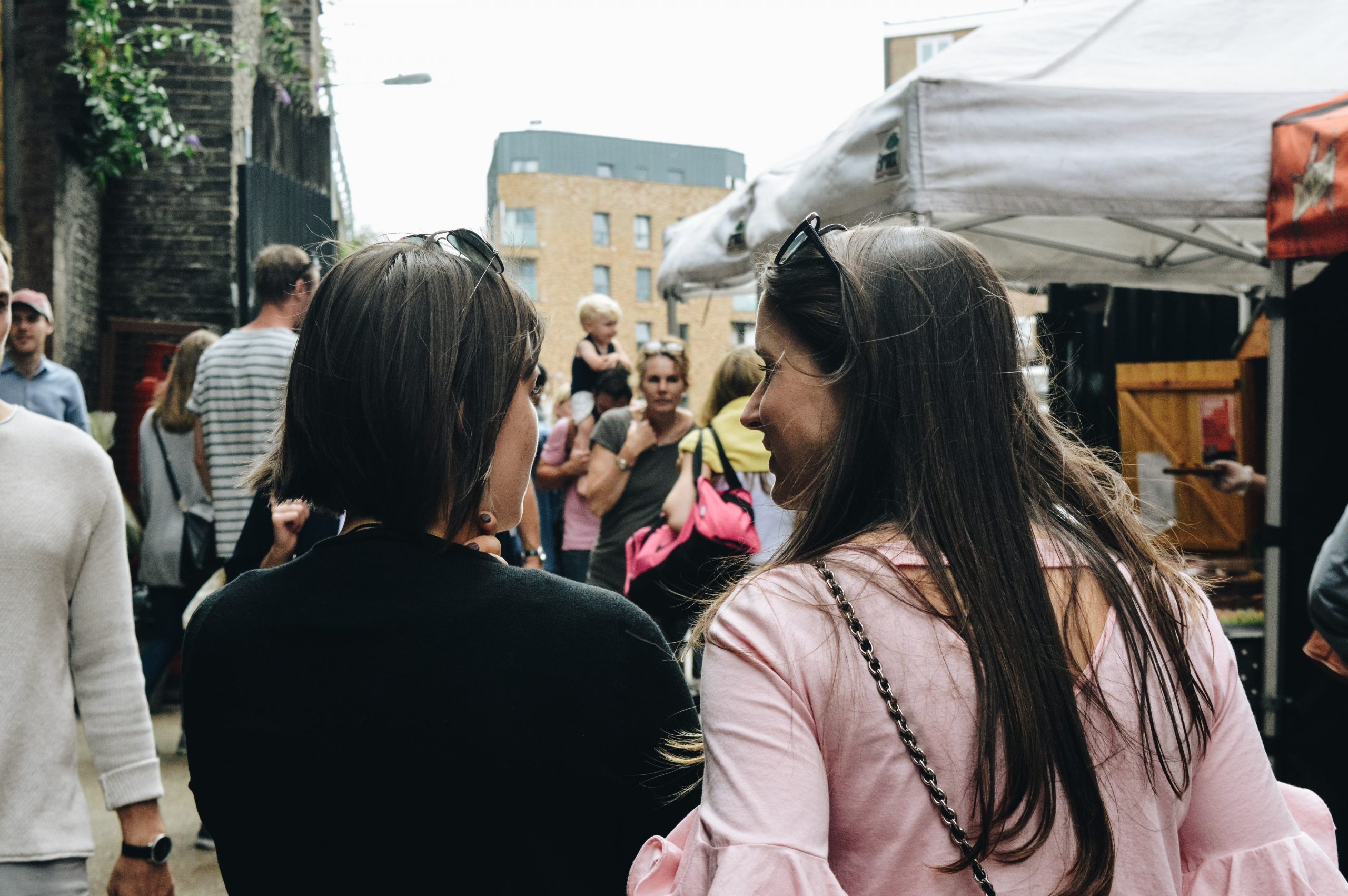By the late 1990s, war and HIV/AIDS had ravaged my country, destroying entire families and villages. It left behind what was commonly referred to as “child-headed families,” families of little kids whose adults had been claimed by our tragedies.
At barely 17 years, I was the head of my household. We struggled to stay in school and have one meal a day. Our electricity often cut off. I have heard it said, “All parents have a favorite child,” and I too had one. My younger sister was stunningly beautiful, very intelligent, and gifted with all manner of talents.
Then her life took a downward spiral. Hardships at home and in the neighborhood brought about disillusionment, and all hope drained out of her. As she stopped fighting for a better life, she turned against any form of reasoning, conscience, and logic. She even moved to Malaysia, where she narrowly escaped prison as an illegal immigrant and made friends who were involved in drugs and prostitution. She hit rock bottom.
We did the telling, the quarreling, the ignoring, thinking that highlighting the pain and long-term consequences would motivate her to change. Nothing worked. Today my sister is back in Uganda, a mother of two sons. But with no job, education, or formal training, she can’t support them.
As I prayed for her, the Lord led me to Isaiah 61. God said to me, “I commissioned you to ‘rebuild the ancient ruins and restore the places long devastated; and renew the ruined cities that have been devastated for generations.’” Regardless of what life had done to her, my sister bore the image of the God who had never stopped pursuing her.
Then I wondered, Have we tried lovingly coming alongside her without trying to change her? How do we listen to her? What else can we do?
So I tried to approach my sister with curiosity.
Me: What do you think about where you are in life?
Sister: I am nothing!
Me: Really? What makes you think you are nothing?
Sister: I spent 6 years in Malaysia, and I can’t quite account for it.
Me: What else?
Sister: My best friends and my sister that I left in Uganda are born again and have made significant progress in their lives.
Me: Tell me more about Malaysia.
Sister: It was hell, and that’s why I love God! God saved my life from death and prison. Many of my friends died, and some are still in jail.
Me: What do you mean when you say, “I love God”?
Sister: I mean He hears me when I cry out to Him, and He loves me!
In this moment, I felt God’s transforming presence in my view of my sister.
As we walk alongside friends, family, and people we minister to, we must believe that people can change and that they want to. We must listen to their experiences without preconceived judgment. This breathes hope into our conversations. Rebuilding ancient ruins, restoring desolate places, and renewing the cities devastated for generations can’t be accomplished in human strength, knowledge, or sheer self-determination. But by the grace and enabling of the Holy Spirit, we can respond in humility and obedience. When this happens, we are transformed!


